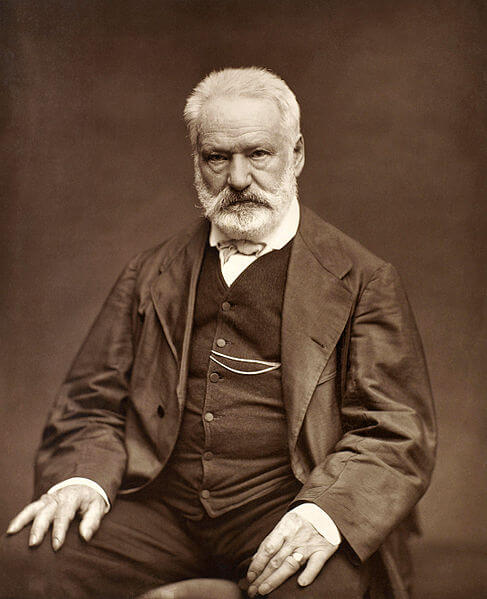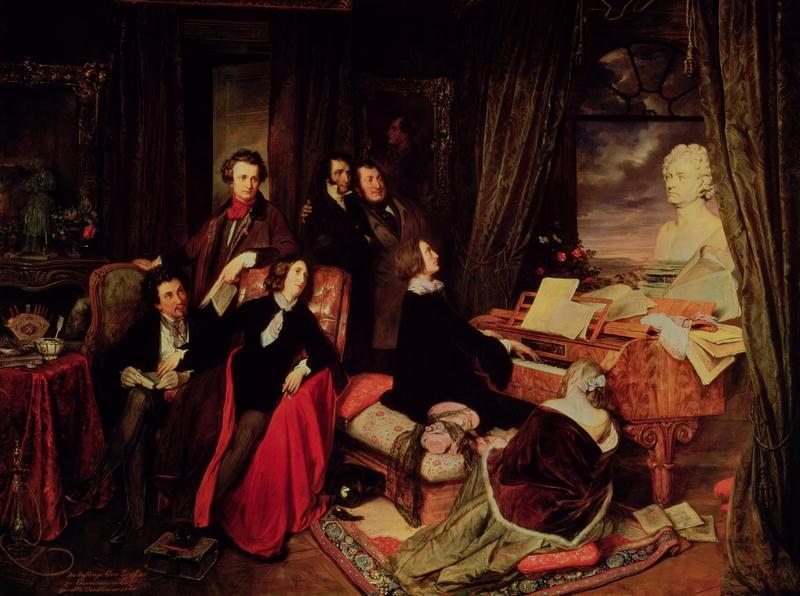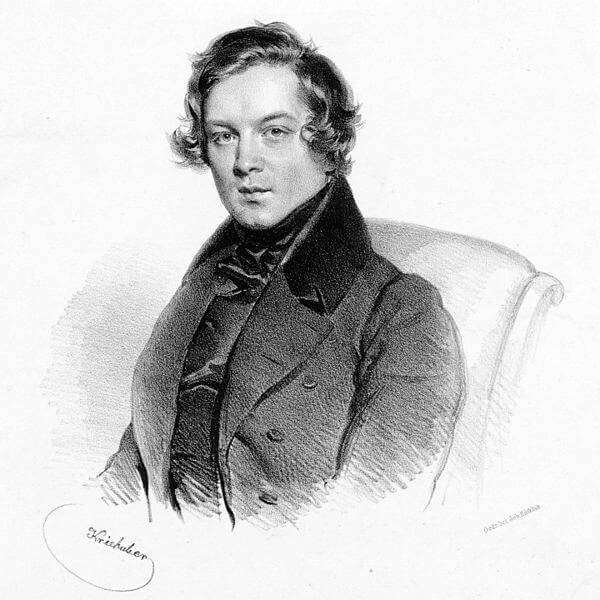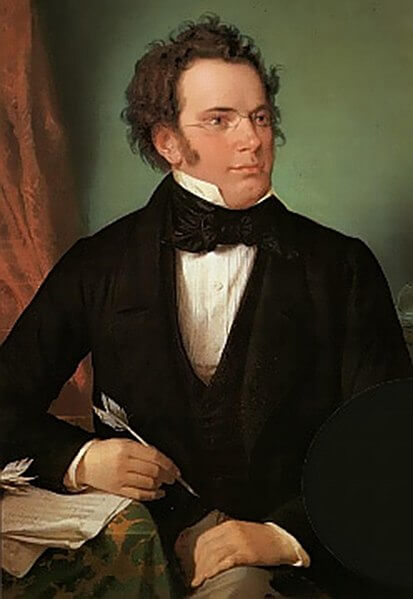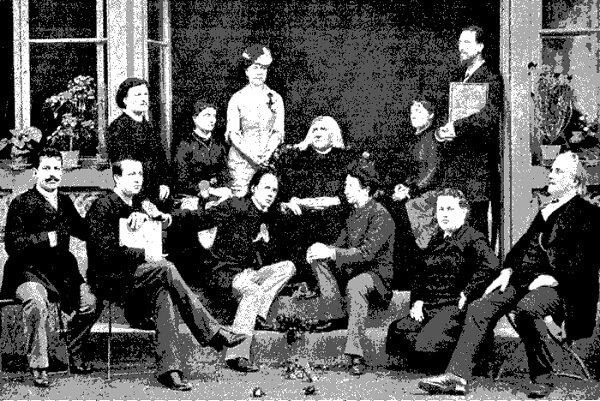Activity 1: Recite the Composition Information
- Recite the name of the composer and the composition.
Activity 2: Study the Music Timeline
Examine the music timeline to answer the following questions.
- What is the year of birth of the lesson composer?
- What is the year of death of the featured composer?
- How old was the composer upon death?
- Which composer (if any) directly precedes the studied composer by date of birth?
- Which composer (if any) directly succeeds the lesson composer by date of birth?
- Which other timeline composers were alive at the same time as the studied composer?
Activity 3: Map the Music
- Franz Liszt was born in Hungary.
- What is the name of the capital city of Hungary?
Activity 4: Write a One-Page Paper About Franz Liszt
Read these facts about Franz Liszt and write a one-page story out of them, using your own words.
- Franz Liszt was born in Raiding, in Hungary.
- His birthday is October 22, 1811.
- His father was his first teacher.
- He studied piano in Vienna with Carl Czerny.
- Then he went to Paris.
- Among Liszt's boyhood friends were Beethoven, Schubert, and Chopin.
- After many years as a concert pianist, Liszt became opera conductor at Weimar.
- He brought out many of the operas of Richard Wagner.
- He was a great teacher of piano, and many people from Europe and from the United States studied with him.
- He composed many fine works.
- Among them are arrangements of many of Schubert's songs.
- Liszt died in Rome in 1886. He was seventy-five years old.
- Liszt wrote the life of his friend Frederic Chopin.
- It has been said that no musician ever lived who did so much for others as Franz Liszt.
 12 Tremendous Composers
12 Composers
12 Tremendous Composers
12 Composers

 12 Tremendous Composers
12 Composers
12 Tremendous Composers
12 Composers

